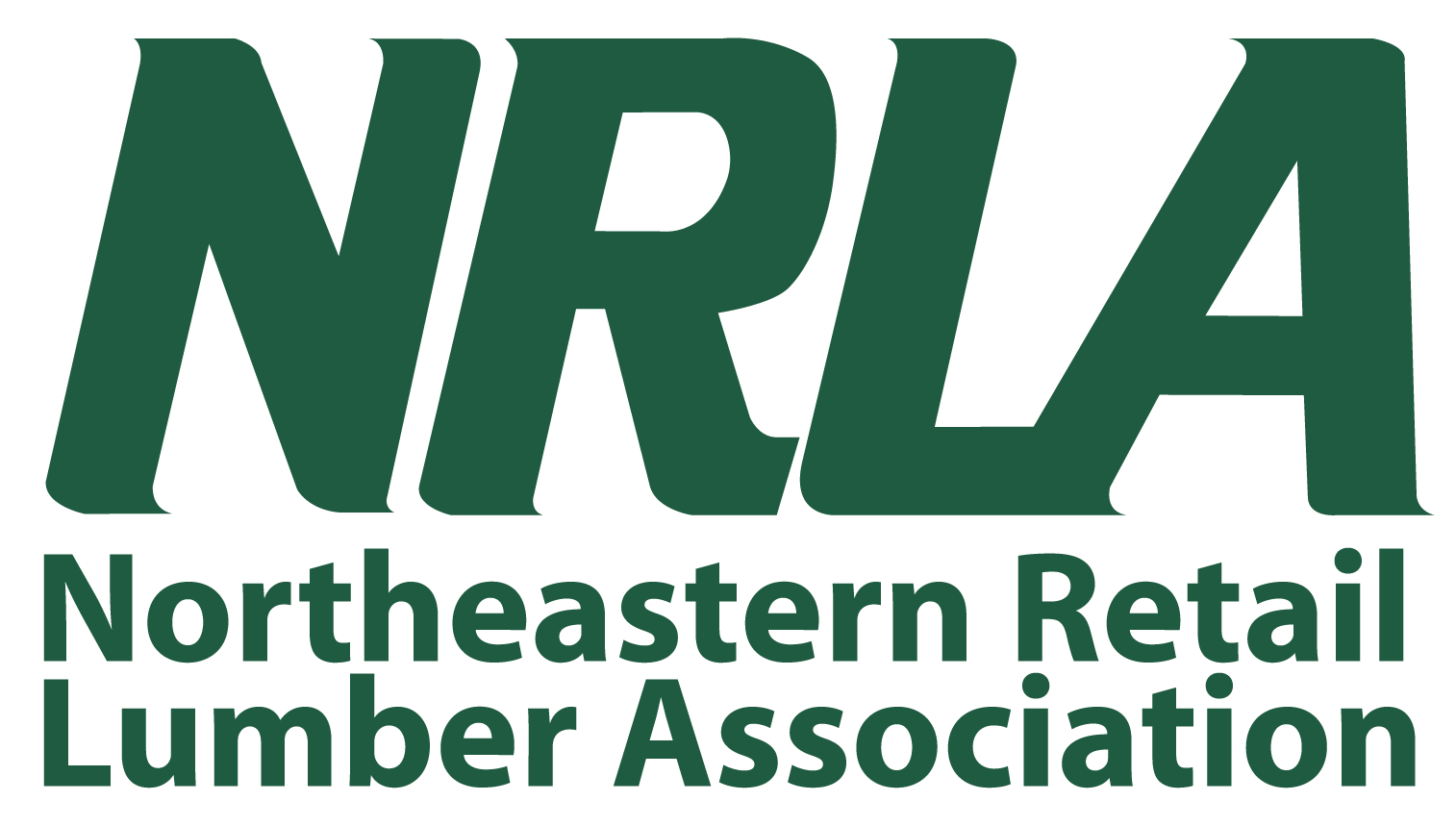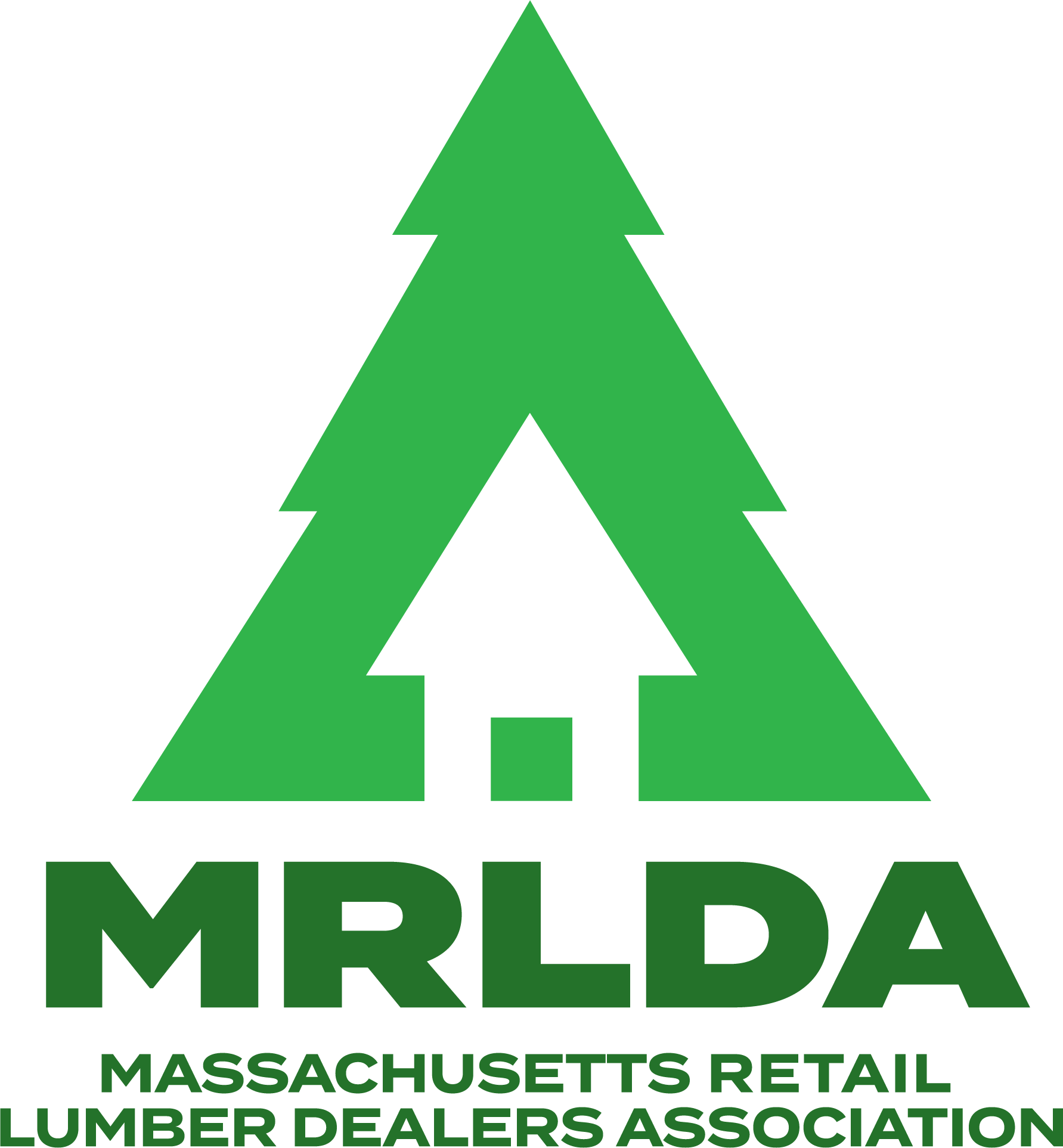HOUSING DEVELOPMENT INCENTIVE PROGRAM TAX CREDITS
Recent studies have found there is a need to construct more than 100,000 new housing units in Massachusetts in order to meet the current demand. We support Governor Healey’s proposal to increase the level of annual funding for the tax credits made available through the Housing Development Incentive Program. This legislation would increase the current tax credit funding cap of $10 million per year to $50M for one year and then establishes a $30M per year funding level for each year thereafter. The $10 million cap has not been increased in 10 years and is currently scheduled to be reduced to $5 million on January 1, 2024.
This tax credit program incentivizes developers to build housing in the 26 designated Gateway Cities. The construction of market rate housing in these communities, combined with the many programs for the construction of affordable housing units can help meet the demand for housing across the state. Many of our member companies operate in and around these gateway cities and we witness firsthand the need for more market rate and affordable housing units in these communities. As employers located throughout the state, we see firsthand that many of our employees find it difficult to find affordable housing near their places of employment. The increased funding for HDIP tax credits will help reduce the backlog of planned and shovel ready projects that are ready to proceed to construction.
TITLE V TAX CREDITS
We support Governor Healey’s proposal to double the tax credit from $6,000 to $12,000 for homeowners who conduct repairs or replace failed cesspool or septic systems. Homeowners are finding it increasingly difficult to repair these systems because of the excessive cost. The failure to repair septic systems prohibits homeowners from remodeling and expanding the size of their homes and limits their availability for sales which can reduce the number of homes that are made available for new homebuyers.
CREDIT CARD SURCHARGES
The vast majority of consumer transactions in Massachusetts are now paid through the use of bank sponsored credit cards. These financial institutions charge significant service fees on each transaction that is deducted from the payments made back to the retailer. These fees collectively represent the largest source of lost revenue for our member companies. Massachusetts is one of the few states that prohibits retailers from asking the consumer to help cover the cost of these transactions. The price of a product or service is based in large part on the cost incurred by the seller. The credit card fee is the only cost that we are specifically prevented by law from recovering.
We support legislation that would provide retailers with the option to recoup a portion of these fees. House Bill 306 (Rep. Garry) and Senate Bill 178 (Sen. Gobi) would require the retailer to notify the consumer of the fee in advance of payment and provide them with the opportunity to pay by other means. The retailer would be required to assess the charge at a universal rate determined by the Legislature and applied to all transactions to prevent their use on a selective basis. We recognize that many retailers my choose not to charge fees to cover the cost of credit card transactions but believe retailers should have the option to do so. We ask the Legislature to support this legislation to enable retailers to address this significant cost of conducting business in Massachusetts.
WORKFORCE DEVELOPMENT
Like all industries throughout Massachusetts, building material suppliers are faced with a critical shortage of workers to fill the numerous open positions at our companies. The lack of qualified truck drivers to deliver materials to and from our facilities has had a severe impact on the availability of many types of building materials. This results in increased costs and delays in construction schedules. While our state is identified as the home of leading biotechnology and high-tech firms, there are also thousands of other well-established businesses throughout Massachusetts that face a critical shortage of employees.
We know the Legislature will be considering many proposals to support and fund workforce development programs. We urge consideration of businesses other than the high-profile industries in order to seek solutions to address the workforce needs of the many small to medium sized companies that populate our local communities. The training of truck drivers is a priority for our industry and potential drivers can be trained and hired for full employment in a brief period with limited costs. Our industry provides an extremely competitive wage and benefit package and the opportunity to advance as company leaders. We are proud that the majority of our employees have been employed with us for several decades.
We urge the Legislature to support initiatives to inform students and those workers in transition about the availability of all employment careers in their local communities. We believe this would be a cost-effective approach to addressing many of the pressing employment needs of companies throughout Massachusetts while also providing an attractive pathway for long-term employment opportunities for persons seeking to enter the workforce.
LOCAL OPTION BUILDING CODES
In 1974 the MRLDA joined with the entire construction industry to support the adoption of the Uniform Massachusetts Building Code. The adoption of the uniform code cured the difficulties the construction and building material industry faced when working with the patchwork of 351 individual community specific building codes. Our member companies collaborate with builders and homeowners to ensure that the materials they purchase meet the requirements of the building code. We do not want to see the state return to a place where every community has their own unique set of code requirements.
We believe proposals for the local adoption of more restrictive amendments to the building code, no matter how well intentioned, will undermine the original intent of a uniform code which was to streamline the construction process and make the cost of construction predictable throughout the state. We believe all proposed changes to the building code considered by the Legislature, or the Board of Building Regulations and Standards should be applied statewide to ensure ongoing uniformity within the code.

